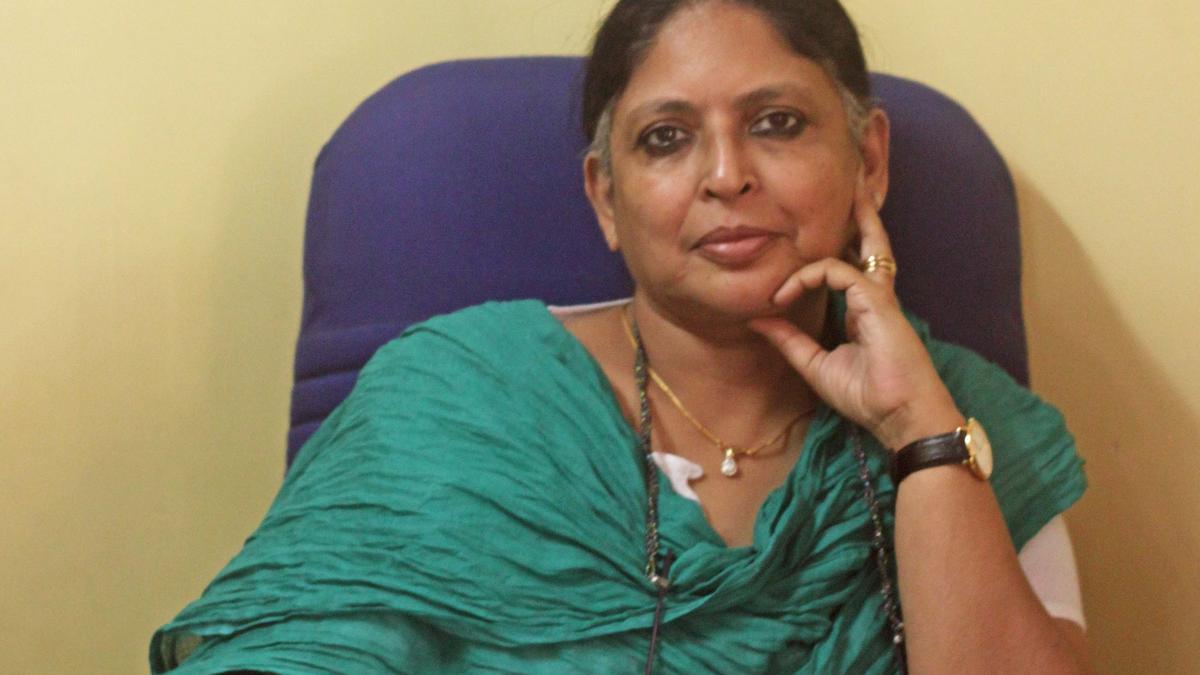
The release of the Hema committee report on the pervasive issues within the Malayalam film industry has ignited fervent discussions regarding the State government’s forthcoming actions. In an enlightening interview with The Hindu on Wednesday, Bina Paul, a noted film editor and a member of the Women in Cinema Collective (WCC), emphasized the necessity for systemic reforms to guarantee that women can work with the full assurance of being respected as professionals.
“A significant number of individuals have provided their testimonies to the committee, under assurances of confidentiality. We are uncertain how many of them will pursue legal actions. However, our main objective is not solely to highlight incidents of sexual harassment. There are numerous other issues related to film sets that we hope the government will acknowledge and act upon,” mentioned Ms. Paul.
The WCC marked a milestone in March 2022 when the Kerala High Court, responding to its plea, mandated the formation of Internal Committees (ICs) as per the Sexual Harassment of Women at Workplace (Prevention, Prohibition, and Redressal) Act, 2013 for film sets. Despite the advancements seen since the formation of the WCC in 2017 and the subsequent submission of the Hema committee report in 2019, Ms. Paul believes that much more needs to be accomplished.
“Proper systems must be established to ensure suitable contracts and facilities for everyone, including technicians, junior artistes, and dancers. Issues faced by women, especially during menstruation, are often overlooked on set. While ICs currently exist, they may be ineffective due to prevailing power dynamics. There is a dire need for monitoring committees to evaluate their efficacy,” she added.
The Hema committee report highlights a significant barrier for women in the technical sectors of cinema, with their numbers being notably sparse. At the K.R. Narayanan Film Institute, there were merely two women out of 44 students in the technical departments during the committee’s review period. Consequently, the committee has recommended reservation and scholarships for women in film schools to address this discrepancy.
.
Reflecting on her early days as one of the pioneering female technicians in Malayalam cinema, Ms. Paul recalled the daunting experience of being the only woman on set. “With this report, we want to dispel the notion that the film industry is inherently adverse, causing fewer women to join. We must implement measures to foster trust in the industry. Increasing women’s presence will create a substantial difference. Currently, you might find only 2-3 women working in technical roles on a Malayalam film set, though the number of assistant directors has increased. We need more women in cinema who are aware of their rights,” she urged.
Even within the WCC, the fear of potential repercussions deters many women from joining, a sentiment echoed in the report. “What the public sees of the WCC is merely a fraction of our activities. We convene to discuss professional challenges we encounter. Our structure resembles more of a movement than a conventional organization, which enhances our effectiveness. Besides litigation, we have submitted two comprehensive reports to the Culture Minister outlining cinema policies. We also published a document titled ‘Women Shaping the Narrative in Media and Entertainment’ and put forward recommendations for an equitable workplace,” detailed Ms. Paul.
The Hema committee report stands as a catalyst for much-needed reforms, spotlighting various longstanding issues within the Malayalam film industry. The call for systemic changes encompasses more than addressing sexual harassment; it includes improving overall working conditions, securing appropriate contracts, ensuring women’s health needs are considered, and overcoming structural barriers that limit women’s participation in the technical domains of cinema.
In conclusion, it is apparent that the Hema committee report serves as a critical juncture for the Malayalam film industry. Stakeholders, including policymakers, industry leaders, and advocacy groups like the WCC, must collaboratively work towards implementing these necessary changes to foster a safer, more inclusive, and equitable environment for women. The momentum generated by the report’s findings presents an unprecedented opportunity to reimagine and reconstruct the industry, ensuring that future generations of women film professionals can thrive with dignity and respect.












